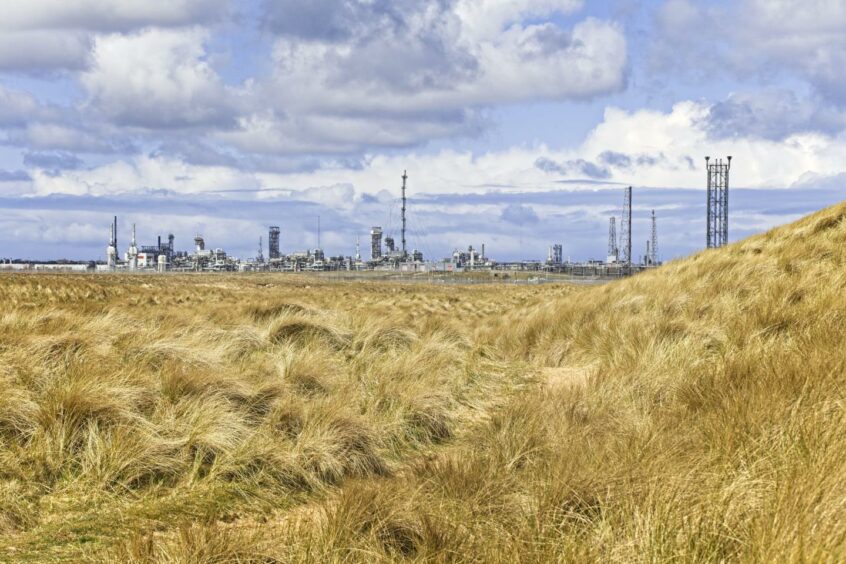
The COP26 climate conference is now behind us and we are left with mixed feelings about the future health of our planet. While some summarised the conference as “blah blah blah”, others talked about constructive discussions and breakthroughs.
As always, the truth is probably somewhere in the middle as some important progress has been made, such as a wide commitment to phasing out coal combustion. But clear actions towards the Paris Agreement and the 1.5°C target has been postponed to COP27 in Egypt in 2022.
Concurrent to COP26, the UK Government announced a significant step towards achieving its net zero goals by providing support for the HyNet and the East Coast carbon capture, utilisation and storage (CCUS) industrial clusters in the north of England.
The IPCC report states CCUS is a key technology for achieving the Paris Agreement. That the UK is now taking a leading role in CCUS is good news, not only for demonstrating that this technology can be effective and safe for lowering our industrial CO2 footprint, but also for securing jobs associated with the UK oil and gas sector, which is suffering from the decline in North Sea production.
There is disappointment for the industrial clusters that did not secure governmental support, but it should probably be noted that only discussions have been announced at this stage and no funding guarantee given.
Previous CCUS competitions have demonstrated how UK Government priorities can change. A prominent example was stopping support for the Peterhead CCUS project in 2015, which proposed to inject CO2 into the depleted Goldeneye reservoir offshore Scotland.
The Acorn project, which rose from the ashes of the Peterhead CCS project, has been part of this recent CCUS cluster competition and has been granted reserve status – meaning that it would be brought in if either of the chosen clusters was to falter.
This is again viewed as a disappointment for progressing CCUS in Scotland. On the other hand, it could – and maybe even should – be seen as an opportunity for Scotland if Acorn manages to go ahead, despite a lack of support from Westminster.
The Peterhead example showcases the fact that reliance on government support can delay and potentially even complicate project delivery. At the end of the day, CCUS will need to stand on its own feet, requiring cost-effective and safe storage to be able to deliver this technology on giga-tonne scale.
This is clear to the companies that are backing projects such as Acorn, as they tackle external pressure to decarbonise their businesses. To do so, real investments, rather than government subsidies, would seem to be more effective for scaled-up CCUS, and are also more convincing in demonstrating a “green revolution” within their own businesses.
These are the investments and commitments required to put more pressure on COP27+ so we can start to see tangible actions towards achieving the Paris Agreement.
Government support is clearly needed to progress low-carbon technologies in terms of cash subsidies, but perhaps a more important role is to make necessary improvements to regulatory frameworks, develop policy and engender public acceptance.
As 2021 closes its door, let’s hope we can open the door on a new year with a fresh approach to effective climate action.
Professor Andreas Busch is part of the School of Energy, Geoscience, Infrastructure and Society at Heriot-Watt University and a member of the Scottish Carbon Capture and Storage Directorate.
Recommended for you
